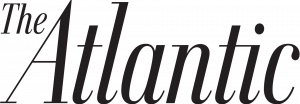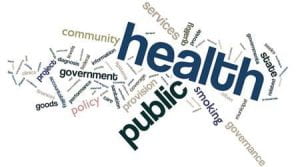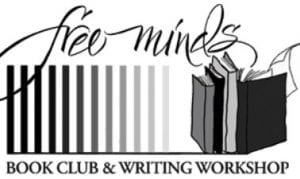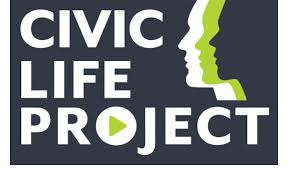The Clara Schiffer Project on Women’s Health is currently accepting applications for a 2020 fellowship. It seeks to provide financial support to graduate students conducting research to improve women’s health and create broader discussion around women’s health issues.
The maximum award is a one-time $5,000 award. To be eligible for this award, students must be currently enrolled in a SPH master’s program or relevant doctoral program.
The application deadline is October 31st, 2019. Find more information on the fellowship and application process here: https://publichealth.gwu.edu/projects/jiwh#schifferfellows













